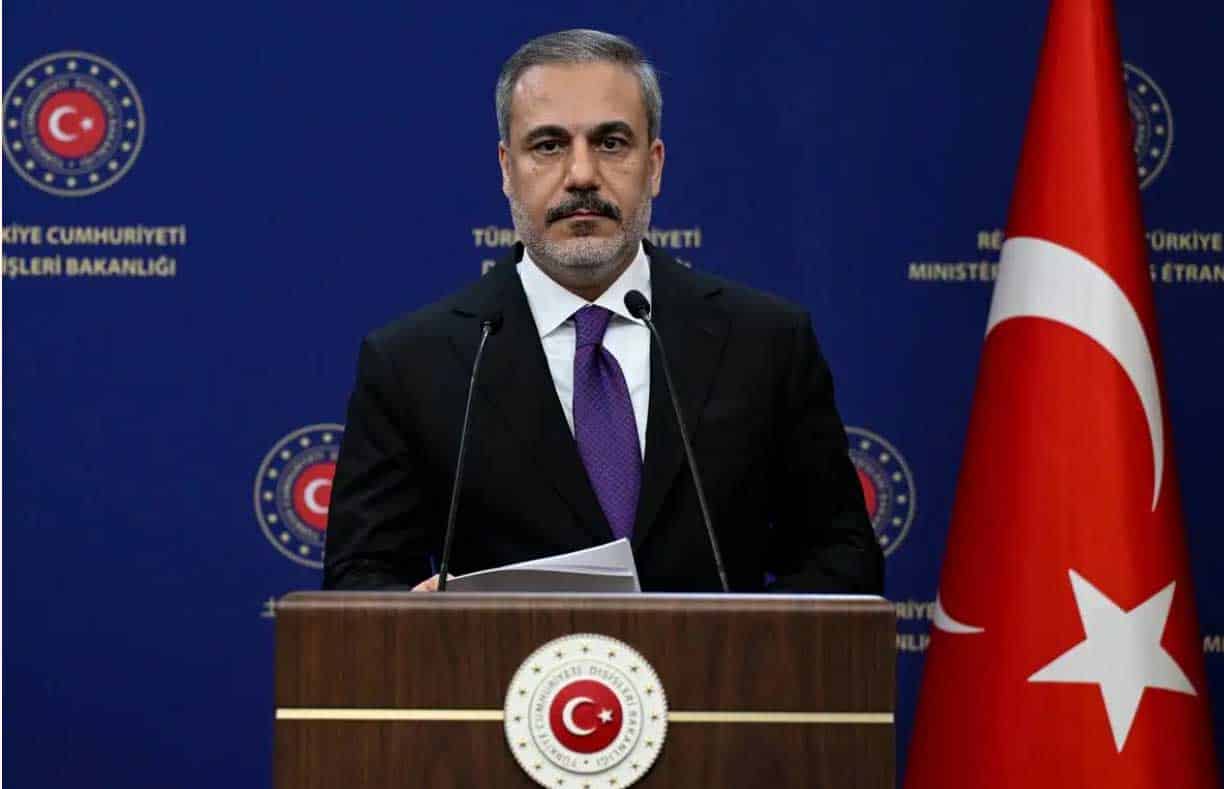Turkish Foreign Minister Hakan Fidan said on Wednesday he will “raise the issue” of Israelis buying property in the north with the Turkish Cypriot authorities.
Fidan was quizzed by the Turkish Parliamentary Budget Committee on the matter regarding allegations that “tens of thousands of decares of land in the TRNC have been acquired by Israelis and Israel-related intermediaries”.
He told the committee that his ministry is “looking into” the allegations and that the Turkish national security service MIT is also “following” the matter.
However, he did play down the scale of Israeli property purchases in the north, saying “with a total of more than 200 real estate purchase applications made by Israeli citizens since 2000, Israeli citizens rank 12th among all countries.”
“In the last five years alone, a total of 15,000 applications were made by non-Israeli third country nationals to purchase real estate in the TRNC. The United Kingdom has been in first place since 2000, and Iran has been in first place over the last five years,” he added.
He went on to mention the fact that property sales in the north must be approved by the ‘cabinet’ of the day, and that he would therefore be raising the matter with the Turkish Cypriot authorities.
Meanwhile, alarm bells are also ringing in the north over third country nationals laundering ill-gotten money through property purchases. Cyprus Turkish construction contractors’ association chairman Cafer Gurcafer claimed that Turkish Cypriot banks may be thrown out of the Swift system due to their non-compliance with global anti-money laundering standards.
The Swift system is an international code which enables banks from different countries to communicate with each other securely, mainly regarding the transfer of funds.
He told Yeni Duzen that the Turkish Cypriot Central Bank “must take action as soon as possible”.
“We must avoid the eventuality in which we would be excluded from international money transfers,” he said.
“The world is renewing its legislation every day to prevent terrorism and drug-related money. Compared to countries in Europe, the circulation of money is more flexible in our country.
“Because of this, some people abuse and take advantage of loopholes in the system. We are becoming a disgrace to the world because no precautions have been taken by the state,” he said.
He added that the relevant Turkish Cypriot laws “have not been adapted to the current times” and said “the Central Bank and the parliament should take the necessary measures as soon as possible. We want to be a country where people buy holiday homes, not a country where people buy houses to launder money.”
However, Real Estate Agents’ Association board member Huseyin Sadeghi urged caution and nuance, telling Yeni Duzen “if we think every third country national is laundering money, we will harm the country’s most productive sector.”
He concurred with Gurcafer that the Central Bank must take action to prevent money laundering.
At the same time, CTP ‘MP’ Salahi Sahiner told Yeni Duzen that a law to combat money laundering has been prepared and will begin to make its way through ‘parliament’ once discussions regarding the budget have drawn to a close.
He said he hopes the law will “prevent people from laundering the proceeds of crime and financing terrorism”.
He added that should the law not be passed by ‘parliament’, there is a possibility that the north be included on the anti-money laundering global “grey list”.
Countries currently included on the “grey list” include Bulgaria, Croatia, Gibraltar, Nigeria, Syria, and Turkey. There is a level below the “grey list”, known as the “black list”, which consists of North Korea, Iran and Myanmar.







Click here to change your cookie preferences